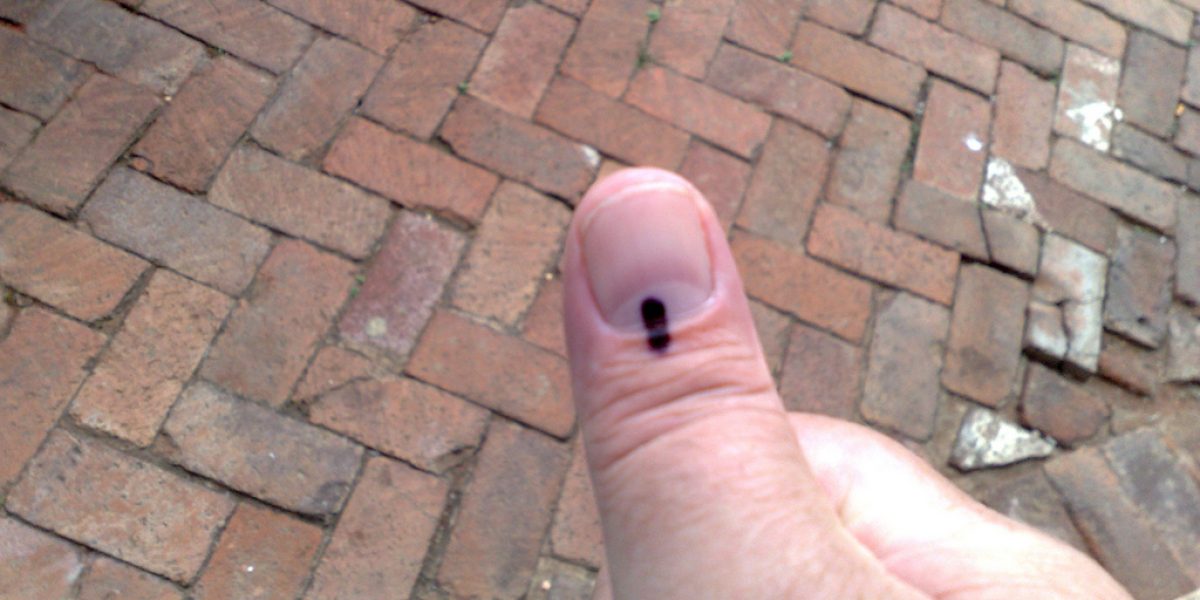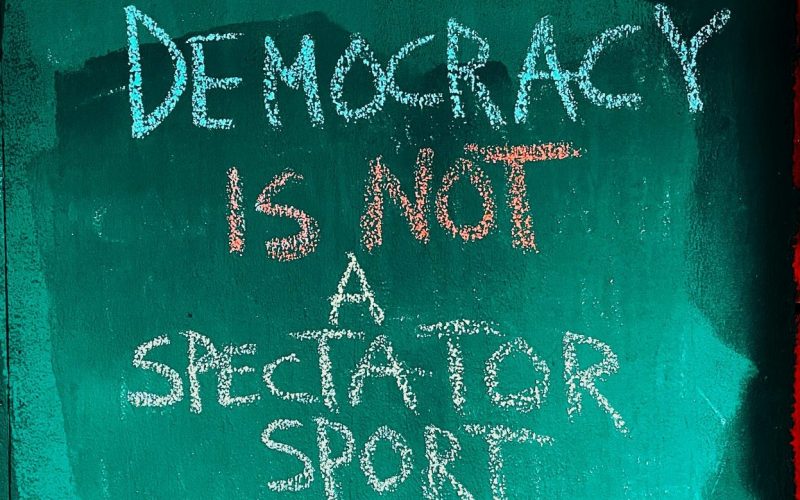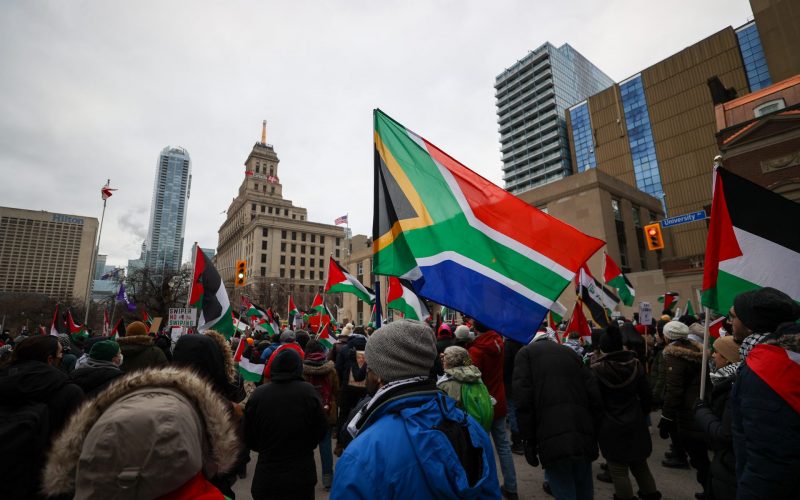At least 10 countries will hold multiparty presidential and/or parliamentary elections. For South Africa, Mozambique and Malawi, the polls will mark the third straight time that voters will participate directly in the governance of their countries. For Namibians, it will be the fourth. Significant changes are in store. Sam Nujoma and Joaquim Chissano, stalwarts of their countries’ liberation struggles, are stepping down. So is Bakili Muluzi, who failed – importantly – in his bid to change Malawi’s constitution to seek a third term.
Little more than a decade ago, Africa seemed caught in the grip of apartheid, intractable civil wars and despotic rule. Now, in many countries, former enemies volley rebuttals rather than artillery shells, and the abiding concern isn’t whether there should be democracy but rather what kind.
Elections are the pageantry of democracy, but they are no guarantee it will flourish. It has been proven far too often in Africa that ballots can be little more than pretence, a cloak of legitimacy around the lust for power. Here arises a solemn question, one on which Africa’s future pivots: On what basis does power rest in Africa?
Liberation movements and opposition parties that have toppled corrupt regimes sometimes claim the right to rule based on the struggles they waged and won. Therein lay the seeds of ruin, which germinate in stolen elections, puppet parliaments and increasingly restrictive laws.
We contend that the higher motive of Africa’s freedom struggles wasn’t the pursuit of power but the principle of universal suffrage. When the one eclipses the other, the contract between the governing and the governed begins to fray.
There is nothing mysterious about what makes a free and fair election free and fair. Nor does it take reading the Magna Carta to know when the most basic tenents of democracy are being violated. Asked why he was working his fields rather than casting a ballot in recent local council polls, Audu Ayitogo, a Nigerian peasant, replied: ‘Why should I stand in the sun for hours if my vote is not going to be recognised?’
The vote is Africa’s pearl of great price. It is not a privilege to be granted or withdrawn at the expediency of those in power. It is a right, and the cornerstone of the public’s trust. Those who toy with it betray the past and sacrifice the future.









